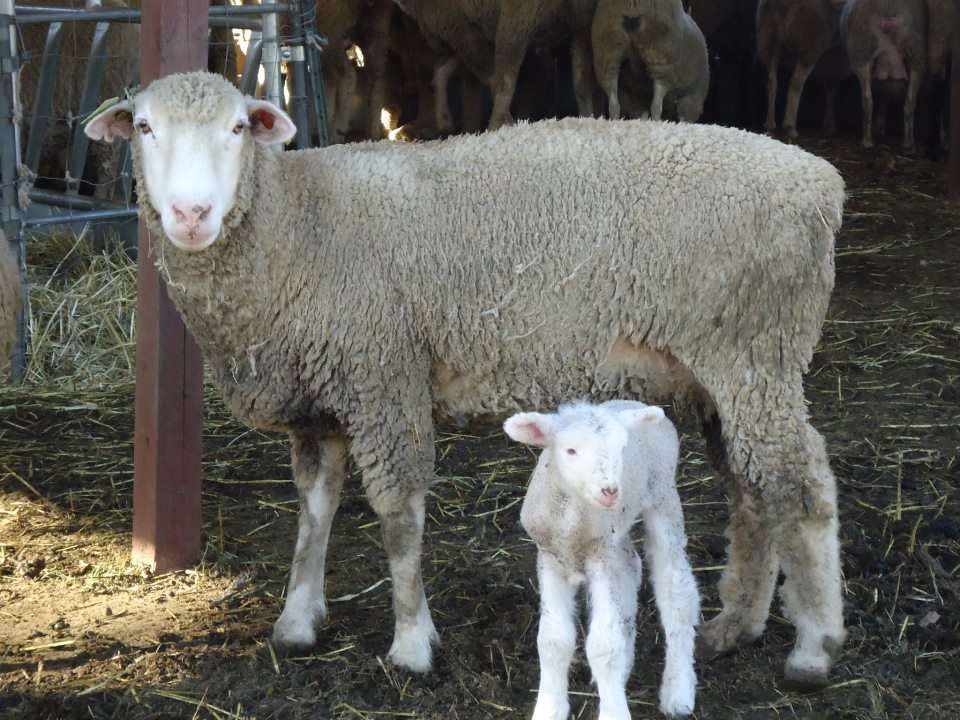Since the 1990s, a growing number of ranchers have stopped sending their animals to the feedlots to be fattened on grain, soy and other supplements. Instead, they are keeping them home on the range where they forage on pasture, their native diet. The new ranchers are not treating their livestock with hormones or feed them growth-promoting additives.

For healthy livestock and poultry, they need to be provided with a nutritious and natural diet that requires healthy soil and careful pasture management so the plants are maintained at an optimal stage of growth. Because high-quality pasture is the key to high-quality animal products, many pasture-based ranchers refer to themselves as ‘grass farmers’ rather then ‘ranchers.’
They are put through a pasture rotation system that requires less fertilizer because the animals do the fertilizing themselves. Pasture rotation allows paddocks to rest for over 14 days, breaking the life cycle of many internal parasites, requiring less use of synthetic wormers. In fact, our livestock are only wormed twice a year, in the Spring and in the Fall. Less use of medication and wormers, means that the bacteria and parasites don’t have a chance to become resistant.
While we are not certified organic, our calves and lambs live on pastures that are rotationally grazed and untreated with pesticides or other chemicals. Our livestock and poultry are not given any antibiotics or hormones.
Our animals are handled and transported according to The American Meat Institute Guidelines (http://www.amif.org/index.htm). Superior Farms is a humane processor with a USDA officer on site. Meat is packaged depending on the requested cuts. Meat is available for pick up or delivery off the farm.